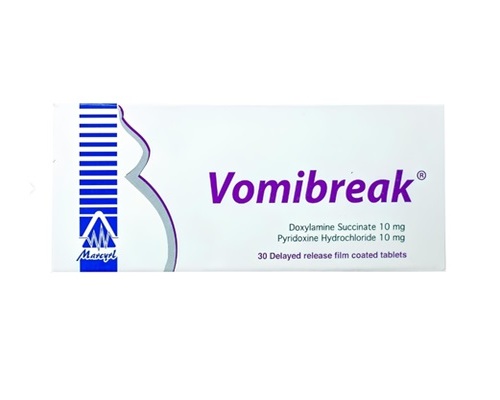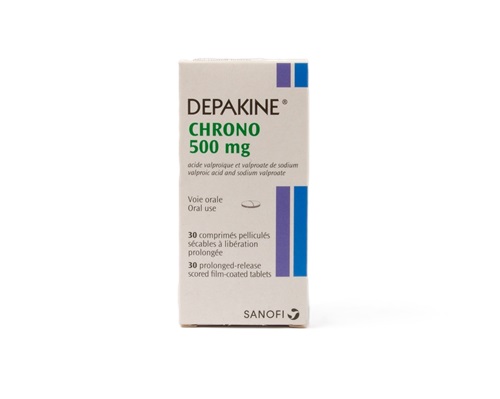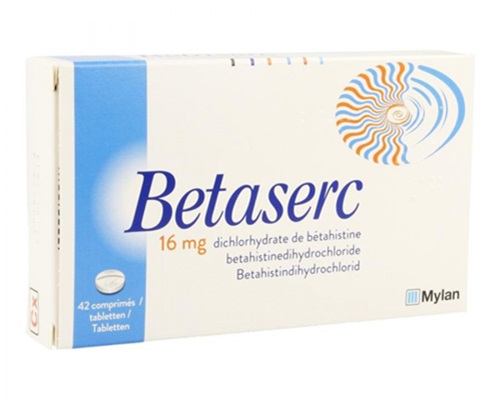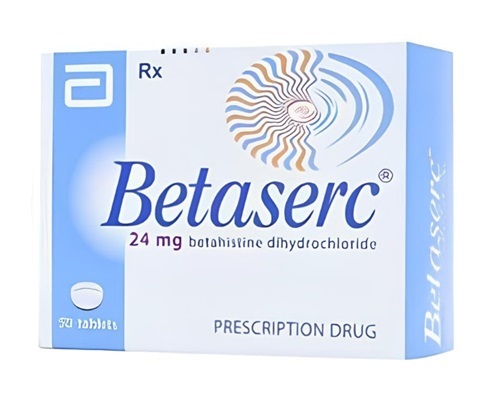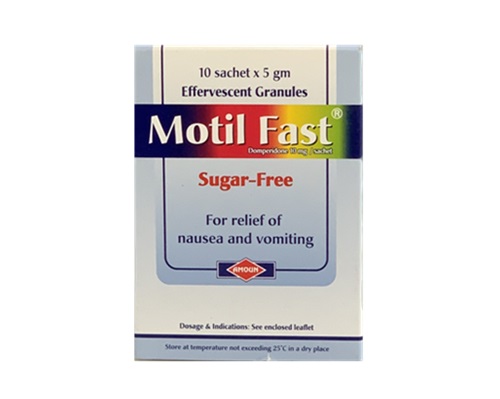Description
Trade name:
Emetrex
Compound:
Each 1 ml of solution contains:
Cyclizine lactate 50 mg.
Properties:
Emetrex is a drug used to prevent and treat nausea and vomiting, an H1-histamine receptor antagonist, which is characterized by a very weak sedative effect. The exact mechanism by which cyclizine relieves nausea and vomiting is unknown. Presumably, cyclizine dilates the lower esophageal sphincter and reduces the sensitivity of the labyrinthine apparatus. This may inhibit the vomiting center.
Indications:
For the prevention and treatment of nausea, vomiting and dizziness in the following cases:
In cases of seasickness, when oral administration of the drug is not possible.
Against the background of taking narcotic analgesics and general anesthesia in the postoperative period.
Vomiting associated with radiation therapy, especially in breast cancer, as cyclizine does not affect prolactin levels.
Can be used intravenously before emergency surgeries.
Vomiting and dizziness attacks associated with Meniere’s disease and other forms of vestibular disorders when oral administration is not possible.
Method of administration and dosage:
Adults:
50 mg administered intramuscularly or intravenously up to 3 times a day.
When administered intravenously, it should be administered slowly.
To prevent postoperative nausea and vomiting, 1 intravenous injection of 50 mg is prescribed, administered slowly 20 minutes before the expected end of the operation.
Half the recommended dose may be given intravenously slowly before general anesthesia in preparation for emergency surgery to avoid regurgitation and aspiration of gastric contents.
Contraindications:
Childhood;
Hypersensitivity to the components of the drug;
Patients with rare hereditary problems of galactose intolerance, Lapp-Lapp deficiency or glucose-galactose malabsorption; Pregnancy and lactation.
Precautions:
Do not exceed recommended doses. Use with extreme caution if you have breathing problems (emphysema, chronic bronchitis), glaucoma, difficulty urinating due to prostate enlargement. Consult a physician before use if you are taking sedatives or tranquilizers.
You may feel drowsy, avoid drinking alcohol, sedatives and tranquilizers as they may increase the effect of drowsiness.
Use caution when driving or operating machinery.
Side effects:
Agranulocytosis, tachycardia, increased blood pressure, blurred vision, oculogical crisis, dry mouth, nose and throat, constipation, asthenia.
Hepatic dysfunction, hypersensitivity hepatitis, cholestatic jaundice and cholestatic hepatitis have occurred in association with cyclizine, hypersensitivity reactions including anaphylaxis, muscle spasm.
Central nervous system effects have been reported with cyclizine use, including somnolence, headache, dystonia, dyskinesia, extrapyramidal movement disorders, tremor, seizures, dizziness, decreased consciousness, transient speech disorders, paresthesia, and generalized chorea.
Disorientation, restlessness, nervousness, insomnia, and auditory and visual hallucinations have been reported, especially when dosage recommendations have been exceeded.
Urinary retention, bronchospasm, apnea, urticaria, drug rash, angioedema, allergic skin reactions, and fixed rash are also possible.
Storage method:
Store at a temperature not exceeding 30 degrees in a dry place out of reach of children.


